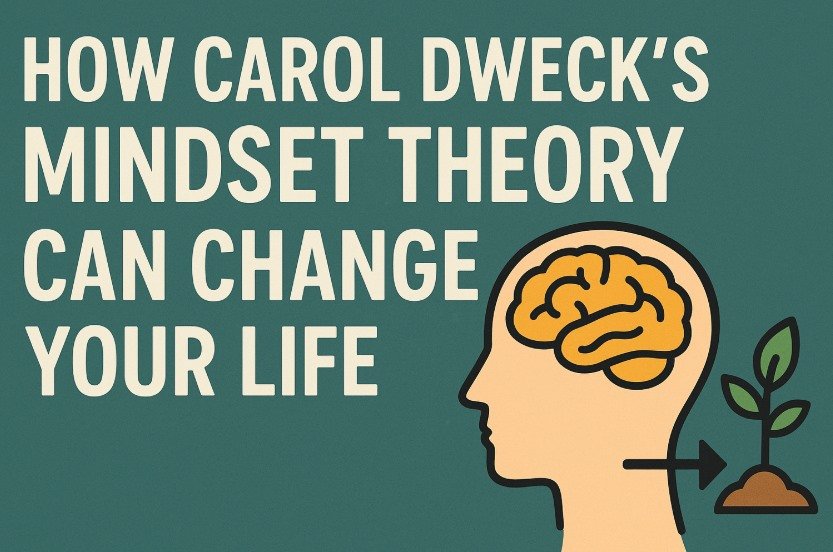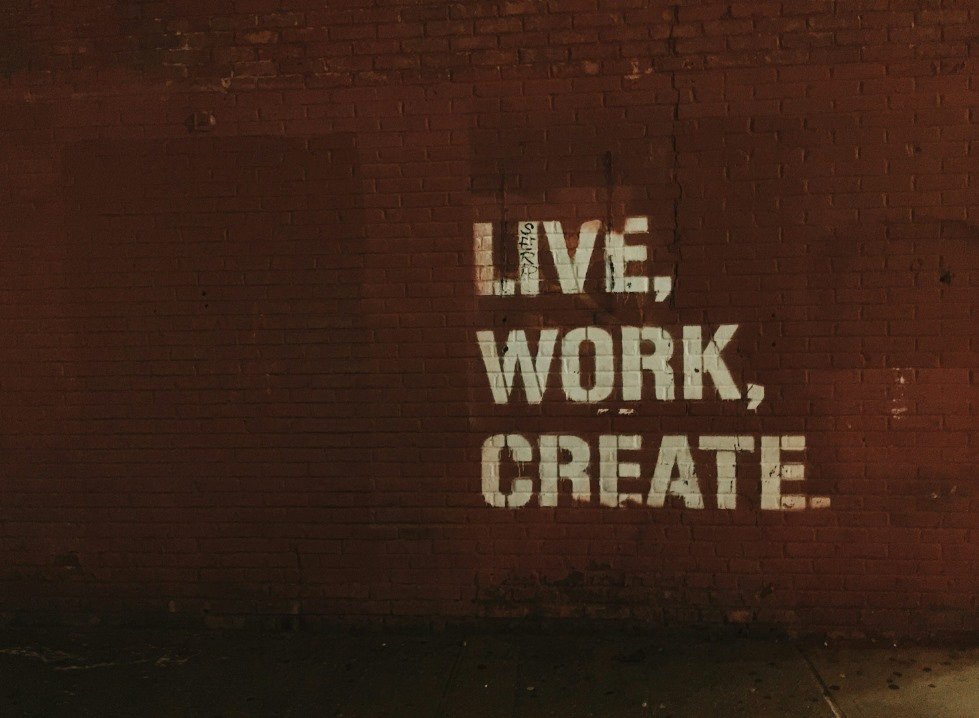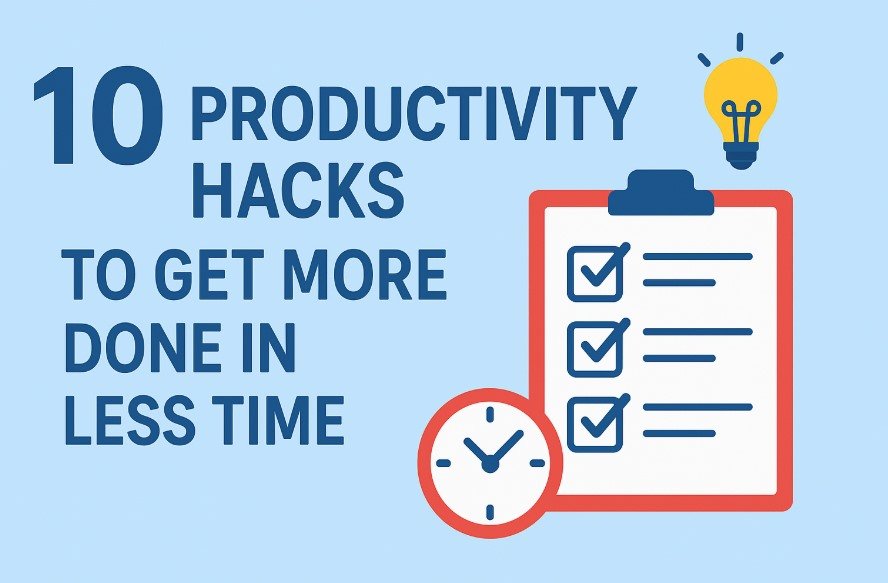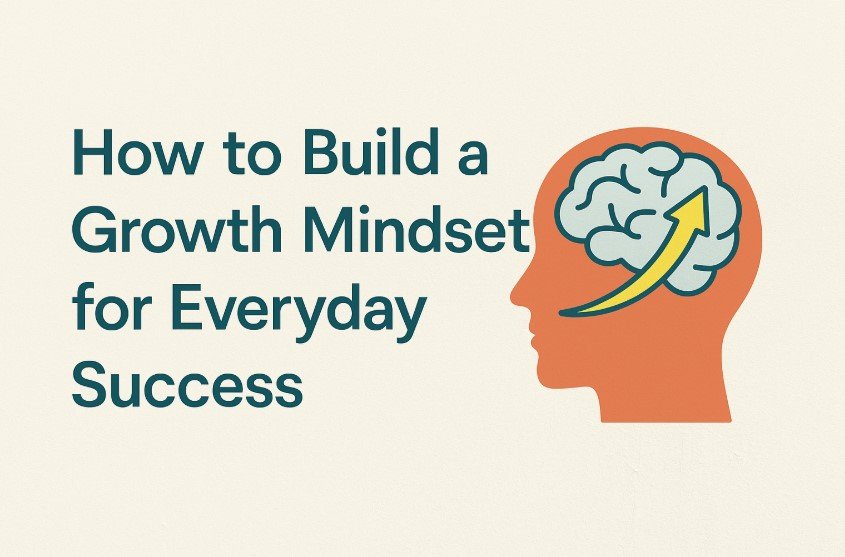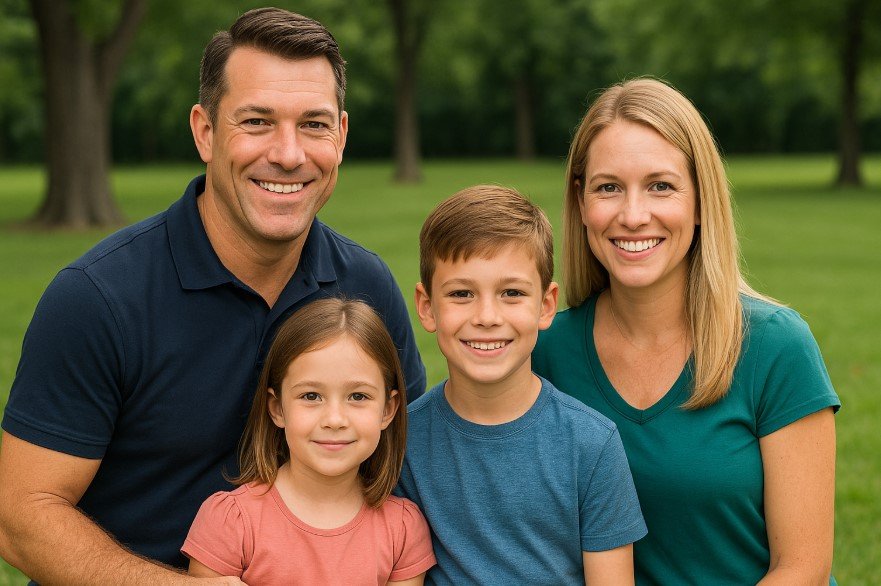
Becoming your best self is a journey that requires consistent effort, self-awareness, and patience. Many people want to improve their lives but struggle to know where to begin. The process is not about being perfect but about making steady improvements in different areas of life. By focusing on small, meaningful steps, anyone can create positive change and live with more purpose and confidence.
Understanding Yourself
The first step in personal growth is self-awareness. It is important to recognize your strengths, weaknesses, and patterns of behavior. When you understand yourself better, you can make decisions that align with your values and goals. Writing in a journal, asking reflective questions, and paying attention to your emotions are effective ways to build self-awareness.
Setting Clear Goals
Goals give direction and purpose. Without them, it is easy to feel unmotivated. When setting goals, it is best to make them specific, measurable, and realistic. Instead of simply deciding to “be healthier,” create a plan to exercise three times a week or eat more balanced meals. Breaking larger goals into smaller steps makes progress more manageable.
Building Healthy Habits
Daily habits shape long-term progress. Simple actions like staying hydrated, sleeping well, eating nutritious meals, and exercising regularly can have a big impact. Habits are powerful because they build discipline over time. Rather than trying to change everything at once, focus on small improvements that can be maintained consistently.
Managing Time Effectively
Time management is a key part of becoming your best self. Many people feel stressed because they do not organize their time well. Using a calendar or planner helps keep tasks in order. It is also important to prioritize activities. Not all tasks are equally urgent, so focus on the ones that bring you closer to your long-term goals. Learning to say no to distractions is also an important skill.
Improving Relationships
The people around you influence your growth. Positive, supportive relationships encourage progress, while negative ones can hold you back. Building strong connections requires respect, kindness, and good communication. At the same time, setting boundaries with people who drain your energy is important for personal well-being.
Focusing on Mental Health
Mental health is just as important as physical health. Stress, anxiety, and negative thoughts can slow down progress. Practicing mindfulness, deep breathing, or spending time in nature can improve emotional balance. Talking to a trusted friend or professional can also provide support. Taking care of your mind ensures you make better decisions and stay motivated.
Learning and Developing Skills
Growth continues when you keep learning new skills. Reading books, attending workshops, or taking online courses are simple ways to continue improving. Each skill you gain builds confidence and opens new opportunities. Challenging yourself to step outside your comfort zone is an important part of self-improvement.
Building Self-Confidence
Confidence comes from keeping promises to yourself. When you set goals and achieve them, you begin to trust yourself more. This inner trust makes it easier to handle challenges. Start with small commitments and gradually work toward bigger goals. Confidence grows when you prove to yourself that you are capable.
Practicing Gratitude
Gratitude creates a positive mindset. Taking time each day to appreciate what you already have helps you focus on progress instead of only noticing what is missing. A simple way to practice gratitude is to write down three things you are thankful for at the end of each day.
Being Patient with Growth
Becoming your best self takes time. Many people expect quick results, but meaningful change is usually slow. Consistency and patience are necessary. Even small progress matters because it adds up over time. Forgiving yourself for mistakes and staying committed to your journey is part of the process.
Taking Responsibility
Taking responsibility for your choices gives you control over your life. Blaming others or making excuses prevents progress. While you cannot control everything that happens, you can control how you respond. Focusing on solutions instead of problems makes it easier to move forward.
Maintaining Balance
Balance is important for long-term growth. Working hard on goals without rest can lead to burnout. Taking breaks, enjoying hobbies, and spending time with loved ones are necessary for a healthy lifestyle. Rest is not a waste of time but an important part of recovery.
Avoiding Comparison
Comparing yourself with others can harm your confidence. Everyone has a unique path, and focusing too much on others makes you lose sight of your own progress. The best way to measure growth is by comparing yourself to your past self. Celebrating even small improvements keeps you motivated.
Conclusion
Becoming your best self is a lifelong process that includes self-awareness, clear goals, healthy habits, time management, strong relationships, good mental health, and continuous learning. Confidence, gratitude, patience, responsibility, balance, and avoiding comparison are also key parts of this journey. By focusing on small steps each day, you can grow into the best version of yourself. The journey may take time, but the results bring confidence, peace, and a strong sense of purpose.
Related Post: The Path to Self-Improvement

